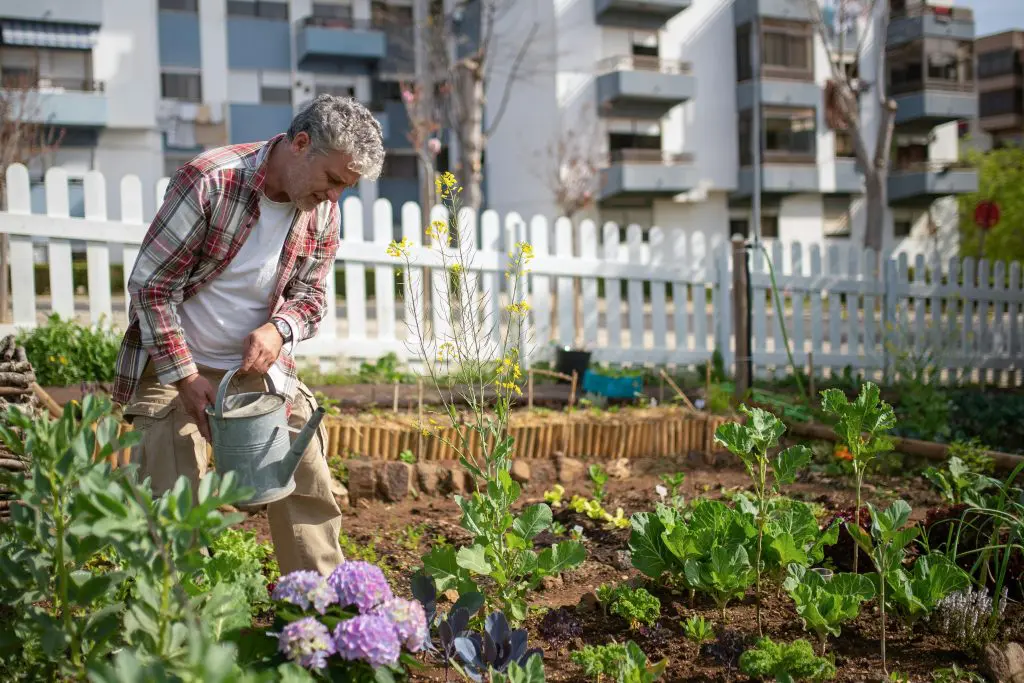
Climate Justice in Ireland: Linking Environmental and Social Inequality Climate change is not merely an environmental issue; it poses urgent social and economic challenges. The concept of climate justice emerges at the intersection of these two crises, underscoring the need to address both environmental and social inequalities. In Ireland, as elsewhere, the impacts of climate […]
Climate change is not merely an environmental issue; it poses urgent social and economic challenges. The concept of climate justice emerges at the intersection of these two crises, underscoring the need to address both environmental and social inequalities. In Ireland, as elsewhere, the impacts of climate change disproportionately affect vulnerable populations, highlighting a critical need for concerted action. This article delves into the dimensions of climate justice in Ireland, exploring how social and environmental inequalities are intricately linked and the measures being taken to address them.
Climate justice refers to the ethical and political dimensions of climate change, advocating for the fair treatment of all individuals, regardless of their socio-economic status or geographical location. It emphasises the responsibilities of those who have contributed most to climate change and seeks to protect the most vulnerable populations that suffer the consequences.
At its core, climate justice revolves around the principle of fairness. Countries and communities that have contributed least to the problem often bear the greatest burden. In Ireland, rural communities, low-income households, and historically marginalised groups are particularly vulnerable to climate-related impacts, from flooding to respiratory diseases caused by poor air quality.
Environmental inequality in Ireland is evidenced by the uneven distribution of environmental benefits and burdens. Certain areas, often populated by economically disadvantaged groups, face higher risks associated with climate change and environmental degradation.
In Ireland, coastal communities are on the frontlines of climate change, facing rising sea levels and more extreme weather events. For instance, communities in Donegal and Kerry are particularly susceptible to flooding. These areas often lack the resources and infrastructure to adequately respond to environmental threats, exacerbating both social and economic inequalities.
Furthermore, there is a stark urban-rural divide in how climate change is perceived and addressed. Urban areas may have better access to climate adaptation resources, while rural communities often fall behind in government support and community planning.
Social inequalities in Ireland are closely intertwined with the impacts of climate change. Marginalised groups, including the elderly, low-income families, and ethnic minorities, are often less equipped to cope with the impacts of climate-related events.
A significant manifestation of social inequality linked to climate change in Ireland is energy poverty. Many low-income households struggle to heat their homes, and as energy prices rise, a trend exacerbated by climate policies, these households suffer disproportionately. According to the Sustainable Energy Authority of Ireland (SEAI), a significant percentage of homes experience energy poverty, leading to detrimental health outcomes and reduced quality of life.
Moreover, health disparities are a critical concern. Vulnerable populations are more likely to suffer from health issues related to environmental degradation, such as asthma exacerbated by poor air quality. The need for comprehensive policies that bridge climate action and public health initiatives has never been more apparent.
The Irish government has acknowledged the imperative of addressing climate injustice through various policies and frameworks.
Ireland’s Climate Action Plan is a step towards integrating climate justice into national policy. The plan aims to reduce greenhouse gas emissions and includes provisions for supporting vulnerable communities. Key initiatives focus on building resilience, improving public transport access, and promoting renewable energy solutions in disadvantaged areas.
Community-based approaches are also vital in tackling climate justice. Initiatives like the Just Transition programme aim to support workers in carbon-intensive industries as Ireland shifts towards a greener economy. This model not only fosters environmental sustainability but also ensures that workers are not left behind during this transition.
Engagement with local communities plays a pivotal role in fostering climate justice. Many NGOs and local organisations are working tirelessly to raise awareness around climate issues, promote sustainable practices, and encourage community resilience. Education and participation in climate initiatives are essential components of ensuring that all voices are heard in the fight against climate change.
While governmental and community efforts are crucial, individual actions also play a significant part in advancing climate justice. Individuals can make choices that reflect awareness of environmental and social inequalities.
Embracing sustainable living practices, such as reducing waste, conserving energy, and supporting local economies, can collectively contribute to climate action. By prioritising sustainability in daily life, individuals can advocate for change beyond their immediate environment.
Moreover, engaging in advocacy and activism is vital for climate justice. Supporting organisations and initiatives that fight for environmental equity helps amplify the voices of marginalised communities and hold decision-makers accountable for their actions.
The challenge of climate justice in Ireland is multifaceted, requiring sustained collective effort. To ensure a fair and just response to climate change, it is critical to continue addressing both environmental and social inequalities.
As Ireland commits to achieving its climate goals, the focus must remain on inclusivity and equity. Ensuring that all communities can adapt to and mitigate the effects of climate change will ultimately lead to a more resilient and equitable society.
In summary, climate justice in Ireland highlights the fundamental link between environmental and social inequality. As the nation confronts the realities of climate change, the recognition of this connection offers a path towards a more just and equitable future. By fostering collaborations between the government, local communities, and individuals, Ireland can take significant strides towards achieving climate justice, ensuring that no one is left behind in the fight against climate change.
By addressing climate and social inequalities together, Ireland can pave the way for a sustainable and inclusive future for all its citizens.